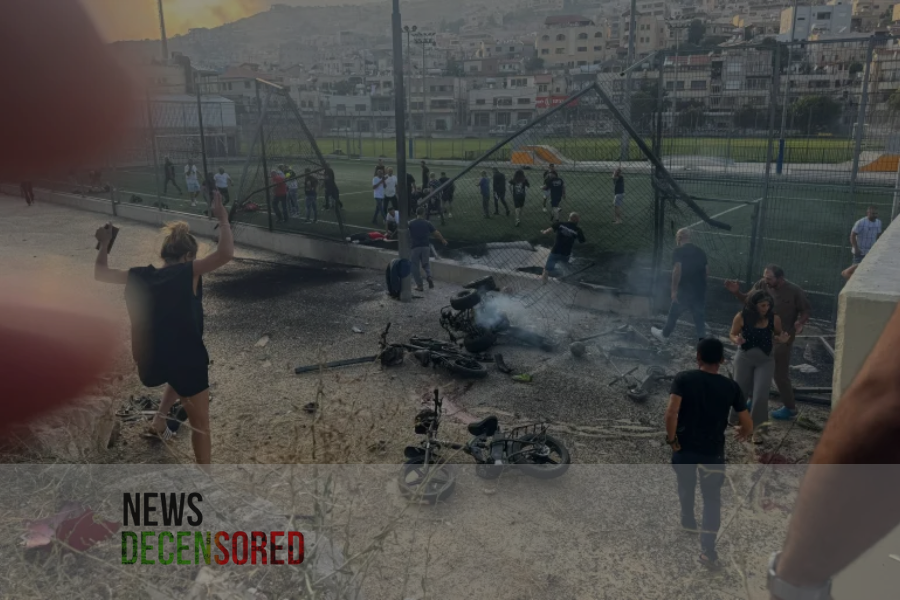Hezbollah hits Israeli military sites, escalating the current spire of conflict within the last few hours. The eruption of hostilities in the latest series of attacks had once again raised tensions between the militant group and Israel, ushering in what is now being feared to be a high-volatile period in the Middle East.
The Recent Attacks:
Hezbollah is said to have resumed the latest escalation of attacks on several Israeli military positions along its northern frontier by firing rockets and mortar shelling into them, leaving damages on rice installations, with some recently reinforced infrastructure set up, while raising some fears of casualties. Reacting to this, the Israeli Defense Forces have responded with some counterstrikes and heightened security along the border sector.
The assaults have also been claimed by the Lebanese-based Shiite militant group Hezbollah, which has coached them in responding to what they allege is Israeli provocation and aggression. The leader of this band has gone public to make the case that the attacks are all justifiable actions in defense of Lebanon and its interests against Israeli incursion and policy.
The uptick in violence follows years of antagonism between Hezbollah and Israel. In the past, they fought, with prolonged bouts of violence interrupted by unstable ceasefires. Their last major conflict, the 2006 Lebanon War, caused thousands of casualties and widespread destruction on both sides.
Several reasons have spiked tension in the situation during the past months:
Increased military activity above the average level along the Israel-Lebanon border Continuous political crisis in Lebanon Periodic confrontations between Hezbollah and the Israeli forces Visible against the backdrop of these tensions and as part of the general context of instability in the area, the latest strikes by Israel were perceived as a Culmination International Reactions.
The spiraling violence became exceedingly disconcerting to the world’s nations as the United Nations, among other factions, have been calling on Hezbollah and Israel to exercise constraint and diffuse into a more peaceful resolution. The UN also has been relentlessly calling for a ceasefire immediately and remarked about safeguarding the noncombatants.
The acts were condemned by the US and EU, where they reminded Israel of the right to self-defense against aggrieved parties while urging all parties to stop the actions that are plunging the region deeper into chaos. Iran, being the most prominent patron of Hezbollah, also supported the group over the acts, relating them to the more excellent framework of resistance against Israeli aggression.
Implications:
The region is currently experiencing an escalation of several significant dimensions. First, the attacks might burgeon into a broader conflict in case retaliatory measures from Israel provoke Hezbollah or other regional actors to do something. Punishment for involvement would be an ever-increased development towards full-scale military conflict with effects on both Lebanese and Israeli civilian populations.
Second, the situation may influence broader regional dynamics by affecting the strategies adopted by other Middle Eastern states and impinge on international efforts to resolve the dilemma of this region. This would be compounded further by problems from the involvement of external actors, among which Iran stands out.
Finally, increasing violence can further erode the already severe humanitarian crisis in the country, which is a result of political instability and economic difficulties. Spill-over on civilian infrastructure and citizens’ lives would further plummet.
The recent Hezbollah attacks on Israeli military installations prove that the prevailing regional situation is highly volatile and vulnerable. This development keeps the two warring sides on their toes since the prospects of spill-over into the confrontation live. Pressure by the international community to de-escalate and find ways of dialogue keeps a live disaster of a full-blown confrontation away, sparing innocent lives from such human calamity. A fluid situation observed from the international community with bated breath as it anticipates diplomatic ways to return to a stable environment remains.















